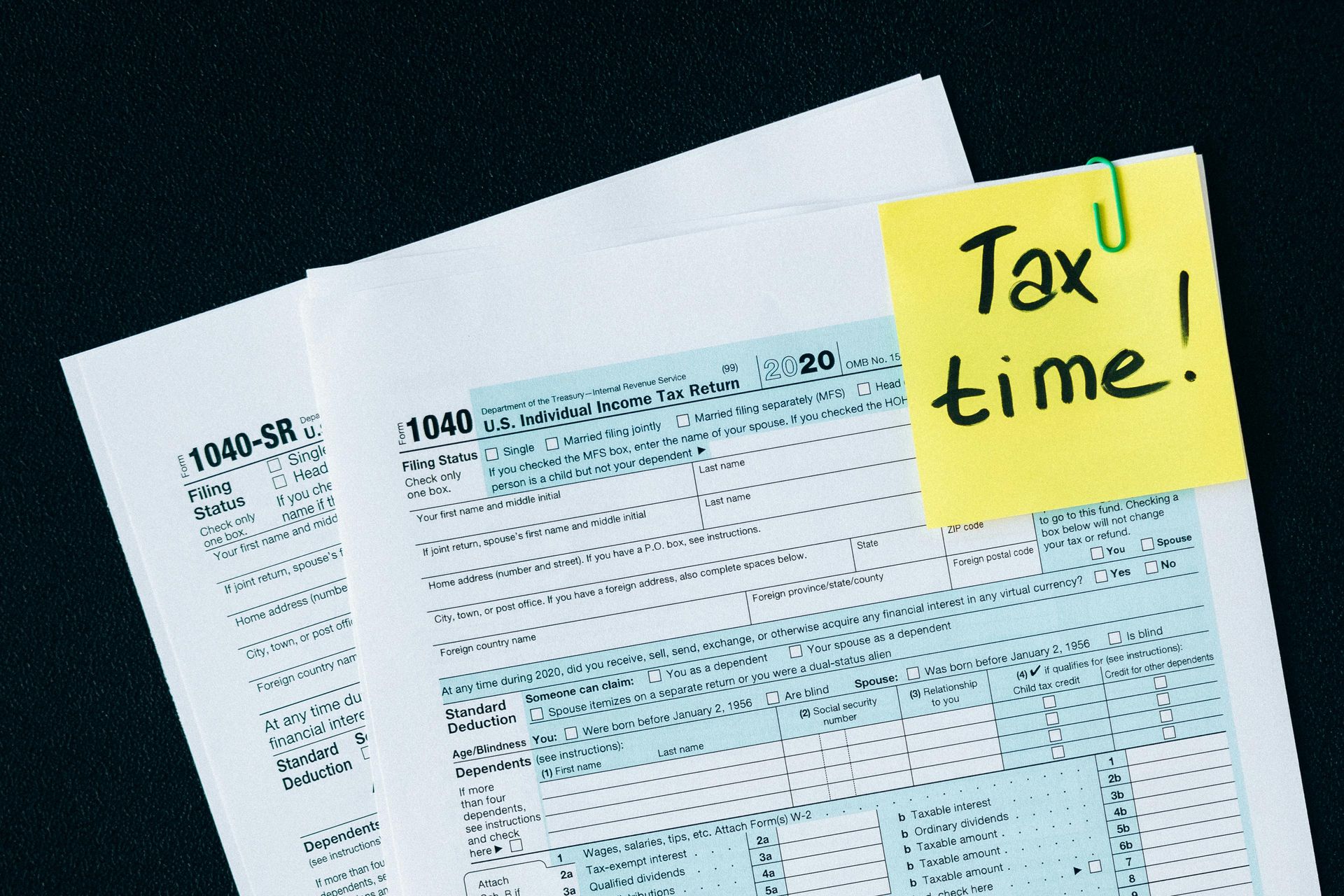Bookkeeping Best Practices for Growing Small Businesses
Running a small business is an exciting endeavor, but it also comes with a long list of responsibilities: one of the most important being bookkeeping.
While it may not be the most glamorous task, keeping accurate and organized financial records is essential to understanding your company's health, preparing for taxes, and making smart business decisions.
Many small business owners struggle with bookkeeping because they're pressed for time or unsure where to start. Luckily, we've developed a guide to help give you an overview of how to go about this crucial aspect of your organization.
Below are ten bookkeeping best practices that every growing small business should remember.
Separate Business and Personal Finances
One of the most common mistakes of new business owners is mixing personal and business finances.
Opening a dedicated business bank account and credit card is a simple step that keeps your records clean. It also makes tax filing easier, provides clearer insights into cash flow, and reduces the risk of raising red flags with the IRS.
Treating your business as separate from your personal finances is one of the most important habits to develop early on.
Choose the Right Bookkeeping System
Not all bookkeeping systems are created equal.
Some businesses use a simple single-entry method, while others benefit from the double-entry system that tracks debits and credits for greater accuracy.
Today, software platforms like QuickBooks, Xero, Wave, and FreshBooks make it easier than ever to manage records. The key is to choose a system that fits your needs and to stick with it consistently.
Stay on Top of Record Keeping
Good bookkeeping relies on complete records. That means keeping receipts, invoices, and payment confirmations in an organized system.
Digital tools and apps can help by scanning and categorizing expenses automatically. As a rule of thumb, the IRS recommends keeping financial records for at least three years, though some documents should be retained longer.
Organized record keeping saves time at tax season and protects you in the event of an audit.

Reconcile Your Accounts Regularly
Reconciling your accounts means comparing your bookkeeping records with your bank statements to ensure everything matches.
Doing this monthly helps you catch errors like duplicate charges, missed payments, or unauthorized transactions before they become bigger issues.
This practice also provides peace of mind that your books accurately reflect your financial position.
Track Income and Expenses Accurately
Misclassifying income and expenses is a common problem that can affect tax deductions and distort one's understanding of the business.
Setting up a chart of accounts (a categorized list of income and expense types) helps ensure consistency.
For example, travel expenses should always go in the same category, making it easier to analyze spending patterns and prepare accurate financial statements.
Stay on Top of Accounts Receivable and Payable
Managing the money coming in and going out is critical for cash flow. Set clear payment terms with clients and use invoicing software to send reminders for overdue bills.
Alternatively, pay your vendors on time to maintain strong relationships and avoid late fees. Staying disciplined with receivables and payables reduces financial stress and keeps your business running smoothly.
Budgeting and Cash Flow Monitoring
Bookkeeping isn't just about recording the past; it's also a tool for planning the future.
Use your financial data to build a budget and forecast cash flow - this will help you anticipate slow periods, prepare for upcoming expenses, and spot opportunities to reinvest profits.
Many accounting platforms offer dashboards that display cash flow trends and other key metrics, giving you real-time insights to make better decisions.
Don't Forget About Payroll
Payroll can quickly become complicated, especially if you have multiple employees or contractors. Common mistakes include misclassifying workers, missing tax filing deadlines, or forgetting to withhold the correct amounts.
Automating payroll with a reliable system can reduce errors and ensure compliance with federal, state, and local requirements. Since payroll directly affects your team, accuracy here is non-negotiable.
Plan for Taxes Year-Round
Too many small business owners treat taxes as a once-a-year scramble.
In reality, tax planning should be ongoing. Track your deductible expenses throughout the year, keep up with quarterly estimated tax payments, and stay informed about potential tax credits.
Meeting with your accountant before year-end is a smart way to identify strategies for saving money when it's time to file.

Know When to Call in a Professional
As your business grows, bookkeeping often becomes too complex or time-consuming to handle alone.
Call a professional if you spend more time managing records than running your business.
A bookkeeper or accountant can help you avoid costly mistakes, stay compliant with regulations, and provide financial guidance that supports long-term growth.
Work With N.E.W. Accounting
Bookkeeping is about building a strong foundation for your business.
By separating finances, choosing the right system, keeping thorough records, and monitoring cash flow, you'll gain clearer insights into your company's health and make smarter decisions. Implementing these best practices can save time, reduce stress, and improve your bottom line.
Our team at N.E.W. Accounting is ready to handle all your accounting and bookkeeping needs and answer any of your questions regarding the process. We have experience working with small to medium-sized businesses and can help reduce your accounting stress and anxiety.
Let's
work together!


